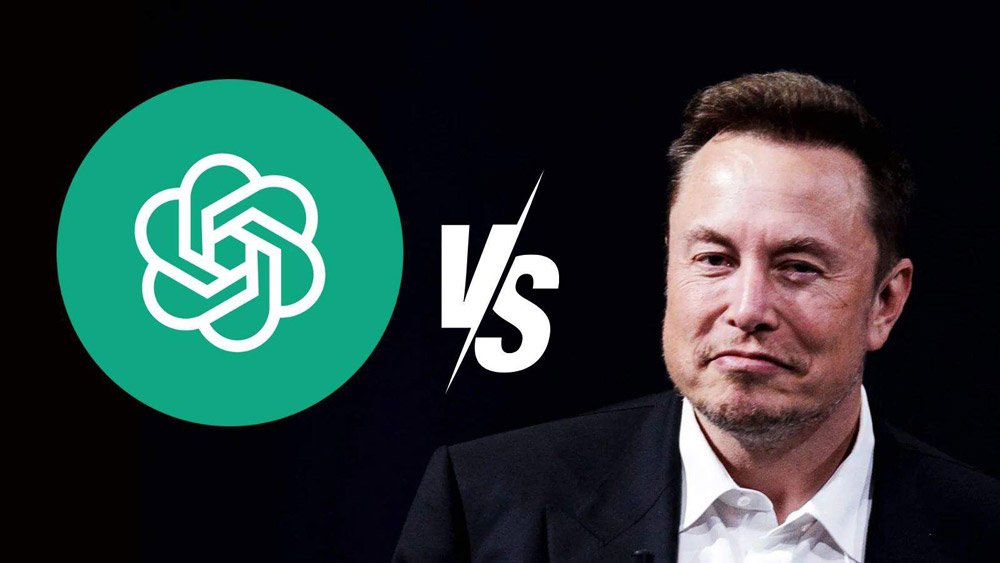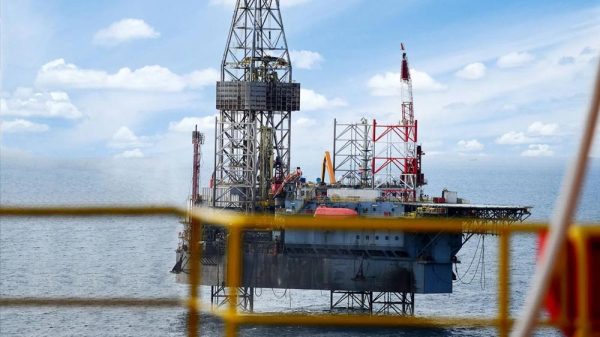Elon Musk, the billionaire entrepreneur known for his ventures in electric vehicles, space exploration, and artificial intelligence, has made headlines once again with a staggering $97.4 billion bid to acquire OpenAI, the company behind the revolutionary AI chatbot, ChatGPT. According to Sam Altman, the CEO of OpenAI, Musk’s move is less about collaboration and more about stifling competition.
In an interview at the AI Action Summit in Paris, Altman shared his thoughts on the proposal led by Musk and a group of investors. “I think it’s to slow down a competitor and catch up with his thing, but I don’t really know … to the degree anybody does,” Altman said, referencing Musk’s own AI company, xAI, which recently developed the chatbot Grok.
When pressed on how seriously he is taking Musk’s bid, Altman responded bluntly: “Not particularly.” This statement echoes a previous dismissal of the offer, which Altman had already declined in a social media post on X (formerly Twitter).
Musk’s Vision for OpenAI’s Future
Musk’s proposal aims to “return OpenAI to the open-source, safety-focused force for good it once was,” according to Marc Toberoff, Musk’s attorney. Toberoff confirmed that the offer was submitted on Monday, targeting the nonprofit organization that oversees OpenAI’s operations. The bid reportedly aligns with Musk’s long-standing concerns about AI safety and his vision of ensuring AI technologies benefit humanity.
Despite the lofty rhetoric, Altman remains unconvinced. The OpenAI CEO suggested that Musk’s intentions might be more strategic than altruistic, using the acquisition to neutralize OpenAI as a competitive threat to xAI.
A History of Tension Between Musk and OpenAI
The relationship between Musk and OpenAI has been marked by tension in recent years. Musk was an early supporter and co-founder of OpenAI but stepped away from the organization in 2018. Since then, their paths have diverged, with Musk launching his own AI-focused company, xAI, while OpenAI has grown into one of the most influential players in the AI industry.
Musk has also criticized OpenAI publicly, questioning its transition from a nonprofit to a capped-profit model and expressing concerns about its funding and direction. Earlier this year, Musk suggested that OpenAI lacked the resources necessary to participate in “Stargate,” a multi-billion-dollar joint venture initiated by President Donald Trump to invest in U.S. computing infrastructure for advanced AI models. Altman dismissed Musk’s critique, quipping, “I’m not the one who tweeted funding secured. I just actually try to show up and build.”
This remark was a pointed reference to Musk’s infamous 2018 claim that he had “funding secured” to take Tesla private at $420 per share. The statement led to an investigation by the Securities and Exchange Commission (SEC) and a subsequent settlement requiring Musk and Tesla to pay $20 million each in fines.
What’s Next for OpenAI and Musk?
For now, Altman appears confident in OpenAI’s trajectory and dismissive of Musk’s $97.4 billion bid. The company has been at the forefront of artificial intelligence innovation, with its ChatGPT product revolutionizing how people interact with AI. Musk, on the other hand, continues to pursue his ambitions with xAI, positioning it as a competitor in the rapidly evolving AI space.
As the AI industry heats up, this clash between two of its most prominent figures underscores the high stakes involved. Whether Musk’s bid is a genuine effort to reshape OpenAI or a calculated move to stymie competition, one thing is clear: the battle for AI dominance is only beginning.











